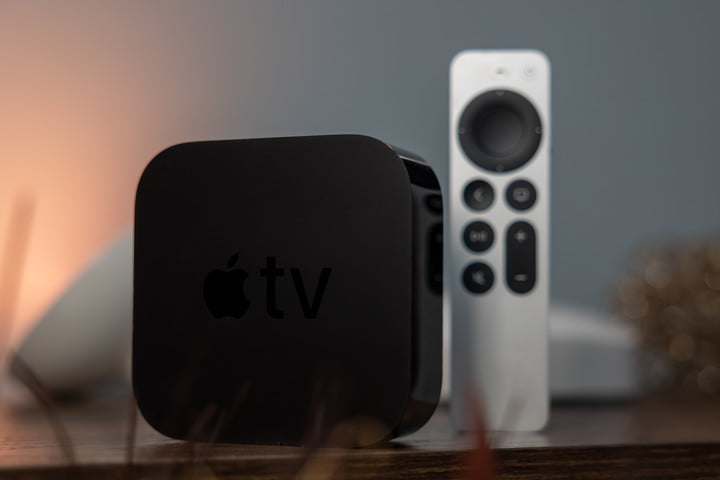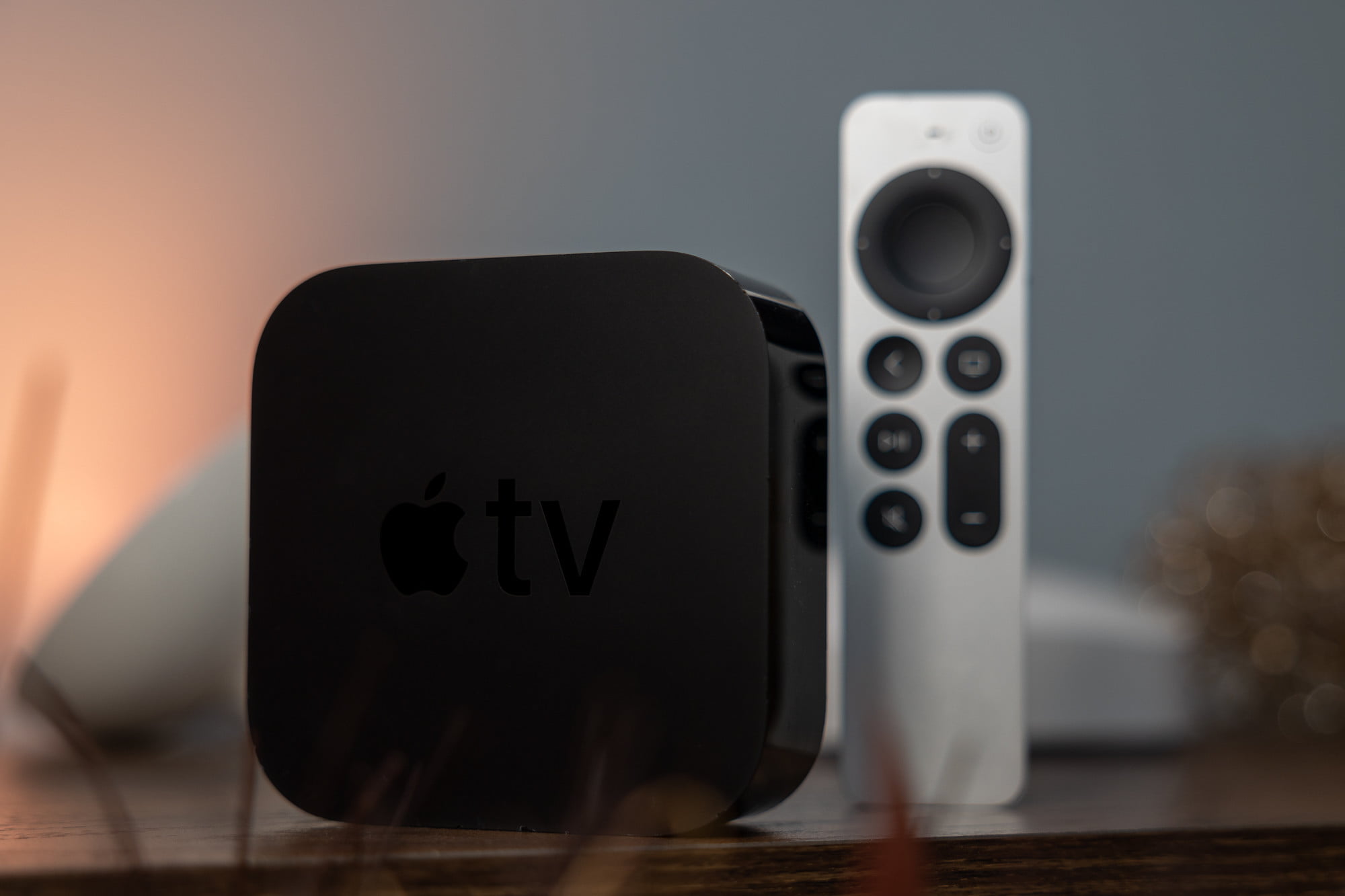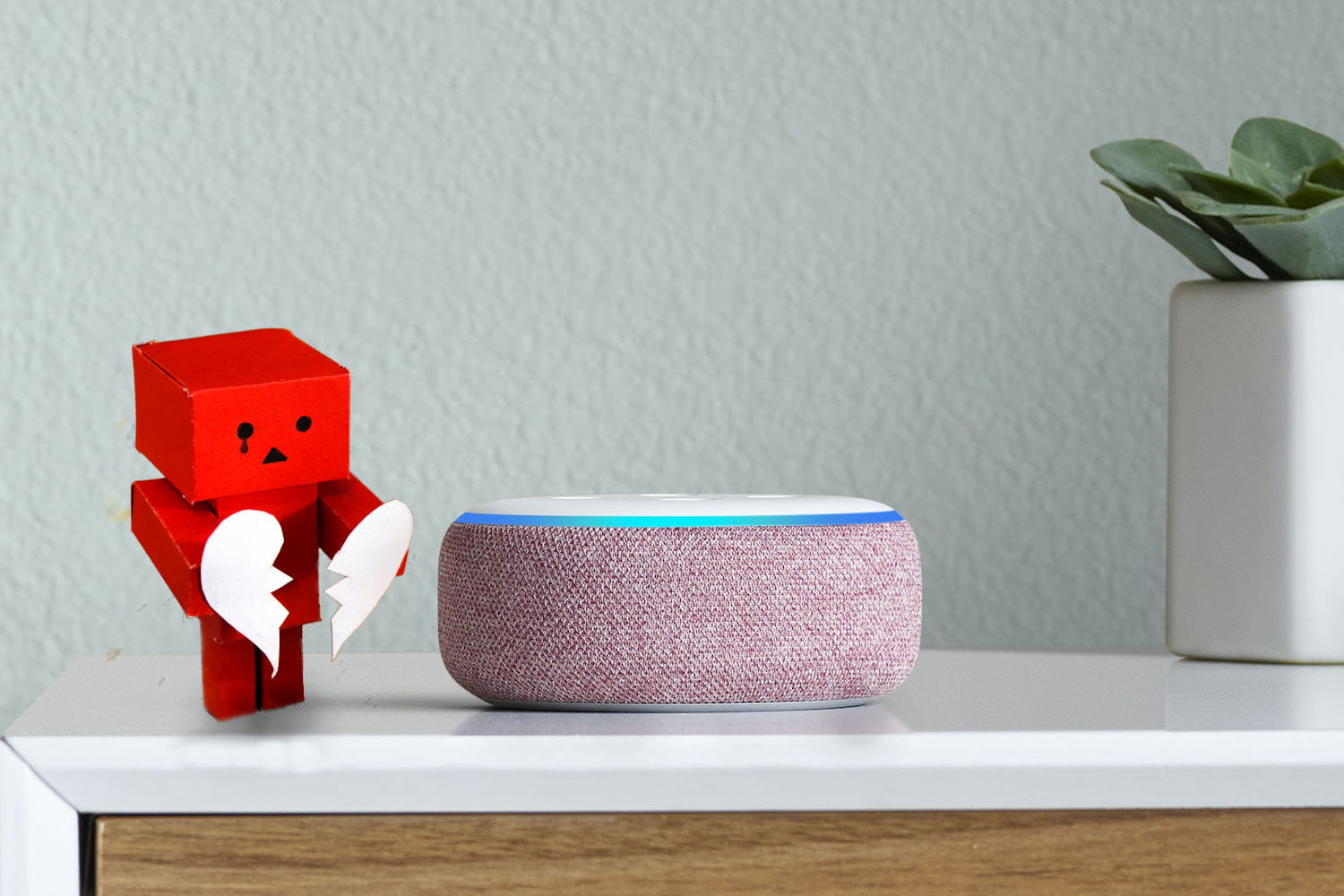It’s hard, I admit, to make the argument for a nearly $200 streaming box when you can get the same basic functionality for around $20. It’s hard to make the math work in your mind. If all you care about is being able to watch the things you want to watch when you want to watch them, you can, indeed, get away with a cheap piece of hardware and still take your family out to dinner that night.
But there are cases where investing more now can pay off later, and that remains true about Apple TV 4K, which is still the best streaming box you can buy. Here’s why.

The best hardware
If there’s one thing Apple does well, it’s hardware. That trend continueswith Apple TV 4K. It’s definitely an Apple product in terms of design — sparse and striking and at times frustrating.
The important part here is the internals. Everything else is secondary. Start with the A12X Bionic processor, which is, hands down, more powerful than anything anyone else is producing in a streaming platform product. That’s also what makes the entire Apple TV more much more expensive.
It’s also what allows for the full stack of features like HDMI 2.1, Dolby Vision, Dolby Atmos, and Wi-Fi 6. And all the other speeds and feeds and specs that come along with a product like this.
Why, then, should we be willing to pay $200 instead of $20? (Or $40 or $50 — you get the point.) That’ll really come into play in the sections below. It’s not just about the hardware. It’s not just about the processor, or how much RAM it has. Or even about the remote control, which was improved in 2021 but is still a long way from being perfect.
No, the hardware is what sets the foundation for everything else. It’s what allows for a speedy user interface. It’s what allows for a ridiculously long update life span. And it’s what allows for all the extra bells and whistles that make Apple TV 4K an Apple product.
The simplest software
One of the biggest complaints about streaming platforms is that the user interface can often be busy and messy and hard to navigate. That’s a sin of the greatest order when it comes to this sort of product, though it’s easy to see how companies like Google and Amazon, and to a lesser (though growing) extent, Roku — which are in a constant battle for your attention — fall into that trap. They’re all in the business of selling things, whether it’s advertising or first-party deals with content creators.
That often leads to clashes, whether it’s by prioritizing something on screen, or in search results. And it can lead to an experience that’s not great.
When I turn on my TV, I want to get to the thing I want to watch just as quickly as I can. And tvOS makes that pretty simple by mostly treating the screen real estate as if it was your iPhone or iPad. You’ve got icons for apps, and that’s mostly it. OK, with the exception of the top row of apps, which can promote a smidge of actual shows.
But that’s it, really. No bombarding of recommendations. No advertising disguised as content. No display ads disguised as — well, not disguised as anything at all, really. It’s simple, it’s clean. It’s boring. And it lets you get to what you came for in the first place as quickly as possible — the shows and movies you want to watch.
Updates and life span
Few companies can get anywhere near Apple when it comes to the life span of its devices, as well as keeping devices supported as they age. (For the record, Nvidia and its Shield TV line is probably the next best.)
There currently are three Apple TV versions supported by the tvOS software — the 2021 and 2017 models of Apple TV 4K, and Apple TV HD, which also was known as the fourth-generation Apple TV and is still in production as a 32-gigabyte model. To be clear, you almost certainly shouldn’t buy Apple TV HD and instead stick with the Apple TV 4K models, particularly the newest.
The important part of this section is this: If you have a 2017 Apple TV 4K, there’s still actually almost no reason to go out and buy a new one. It works as well today as it did when it was released more than four years ago. You could stick it and the latest model side by side and probably not be able to tell the difference on screen.
Yes, the latest model has an updated (and thus more powerful) processor. Yes, it has a newer standard of HDMI and better Wi-Fi. But unless you’re absolutely intent on niche features like the best resolution possible in something like YouTube TV, or squeezing out every last megabit of bandwidth, the 2017 model will continue to serve you well for some time.
That’s more than four years and counting at this point. Name another tech device you have that is as good now as it was when you bought it back then. The list will be extremely short.
The extra Apple perks
It’s tempting to blow off Apple TV 4K if you’re not in the Apple ecosystem. I’d fight that instinct, though it’s understandable. I used to run one of the largest Android blogs around. I get it. But the simple fact is that if you don’t mind having your phone detached from your streaming experience, you can still enjoy Apple TV 4K for what it truly is — a great way to stream video on your TV.
But if you’re all-in with the Apple ecosystem — with an iPhone or an iPad or a Mac, or any combination of the three — it makes even more sense.
‘Typing’ is better
First is the seamless integration of a keyboard. “Typing” on any streaming platform — whether it’s Roku or Amazon Fire TV, and to a lesser extent Android TV and Google TV — is not great. It never has been, and platforms like Roku haven’t appeared to put much work into the feature over the years. On one hand, that makes sense — how often do you really need to use a keyboard on your TV, especially since voice control has gotten so much better. On the other hand, a bad experience is still a bad experience, no matter how infrequently you may run into it.
On Apple TV, every instance of text input looks the same on screen. That’s not true for all the other platforms, where the basic look of a keyboard can vary, which is insane. And every time you need to type something on Apple TV, you’ll get a pop-up on your phone or tablet that invites you to use that device to do so. It’s seamless, and monumentally better than using a remote control.
Even more important is if you need to do something a little more complicated, like fork over an email address and password combination. In that case, you can just use your password manager like normal (and you are using a password manager, right?) to get the info from your phone to your Apple TV 4K. It can’t be much easier, and it works so much better than on any of the other platforms.
AirPlay and screen mirroring
It used to be a novelty to be able to display your phone on a big screen. Protocols like DLNA tried to make things less painful, but largely failed. Apple came up with its own protocol — AirPlay.
With just a couple clicks (or taps) of a button, you can stream whatever is on your phone or your tablet or your computer straight into your Apple TV and onto your TV. It mostly works every time, and it mostly works quickly enough.
This isn’t something I use every day. But it’s the sort of thing that works so well that you miss it when it’s gone. Fortunately, we’ve seen most major television manufacturers have built it into their sets.
HomeKit hub
Finally, if you’re into the home automation and smart devices world — and it’s a slippery slope, to be sure — Apple TV 4K also can serve as a HomeKit hub.
The gist is that not every smart device — be it a light bulb or lock or outlet or whatever — can talk directly to the internet or connect directly into your smart home ecosystem. For that, you might need a hub of some sort. And Apple TV 4K can fill that role. The device connects to Apple TV, and from there propagates out to all of your other HomeKit controllers. Your phone, your tablet, your computer.
In other words, it helps make sense of of the chaos that otherwise is the Internet of Things.
The Apple TV screen savers
This part is so good that it gets a section of its own. When it comes to what’s on the TV when you’re not actually watching TV, nothing compares to the Apple TV screen savers. They’re high-definition journeys. It can be a space-bound view of the Earth itself. Or underwater. Or over the beach. Or through the desert or the hills or cliffs or …
They’re more striking than any other screen saver I’ve ever seen on any other device — better than the art available on an LG or Samsung TV. Not that there’s anything wrong with static art, of course. But if pictures tell a thousand words of some ancient time, more recent video of a place you can visit today takes things to a whole other level of immersion. So much so, that I use it as my Mac screen saver, too.
The Apple TV screen savers will update themselves on a fairly regular basis, too. So you’re not going to be stuck with the same view of the Santa Monica Pier forever. It’s still great, though.


